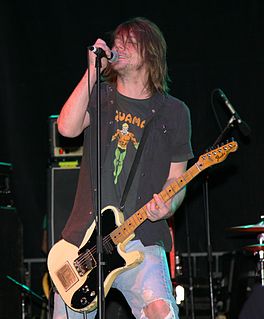A Quote by Azar Nafisi
The novels were an escape from reality in the sense that we could marvel at their beauty and perfection. Curiously, the novels we escaped into led us finally to question and prod our own realities, about which we felt so helplessly speechless.
Related Quotes
My major preoccupation is the question, 'What is reality ?' Many of my stories and novels deal with psychotic states or drug-induced states by which I can present the concept of a multiverse rather than a universe. Music and sociology are themes in my novels, also radical political trends; in particular I've written about fascism and my fear of it.
In Pakistan, many of the young people read novels because in the novels, not just my novels but the novels of many other Pakistani writers, they encounter ideas, notions, ways of thinking about the world, thinking about their society that are different. And fiction functions in a countercultural way as it does in America and certainly as it did in the, you know, '60s.
We can each sit and wait to die, from the very day of our births. Those of us who do not do so, choose to ask - and to answer - the two questions that define every conscious creature: What do I want? and What will I do to get it? Which are, finally, only one question: What is my will? Caine teaches us that the answer is always found within our own experience; our lives provide the structure of the question, and a properly phrased question contains its own answer.
I've always felt that the writing I responded to most - the novels and stories that compelled me, that felt like they described the world I live in, with all of its subjectivity, irrationality, and paradox, were those which made free use of myths and symbols, fantastic occurences, florid metaphors, linguistic experiments, etcetera - to depict the experiences of relatively 'realistic' characters - on the level of their emotions and psychology, rather than in terms of what kinds of lives they led or what kind of events they experience.
People who know and read comics know that there's a huge diversity amongst the types of stories. Nobody ever goes 'how many more of these movies based on novels are there going to be?!'. People laugh at that question and they go novels, there are all different types of novels. But there are all different types of comic books, they just happen to have drawings on the cover!





































